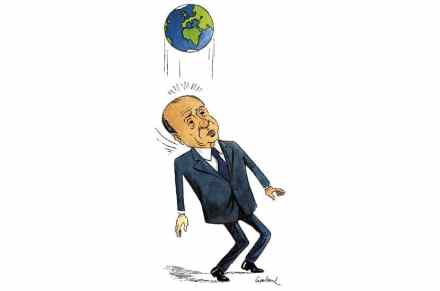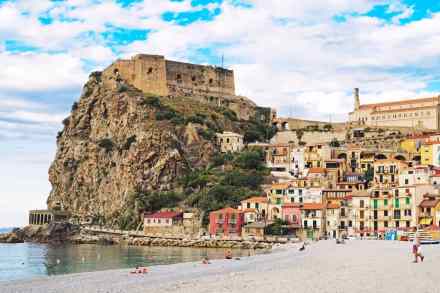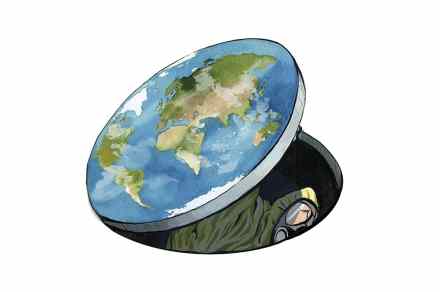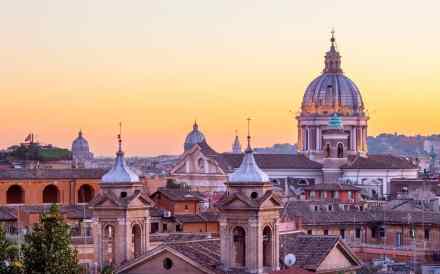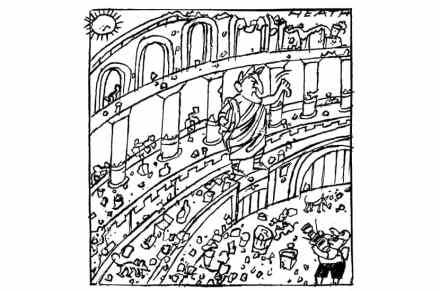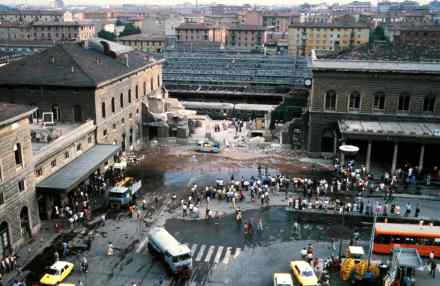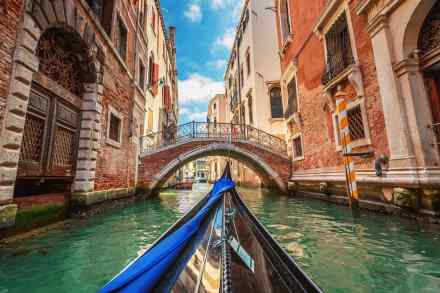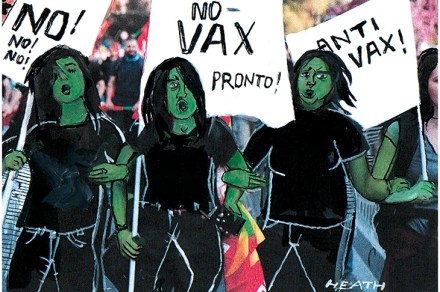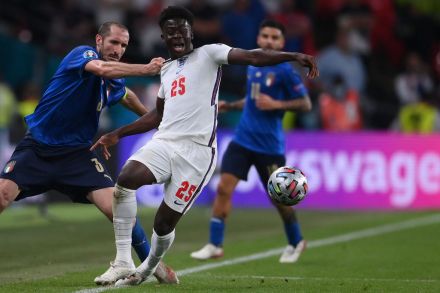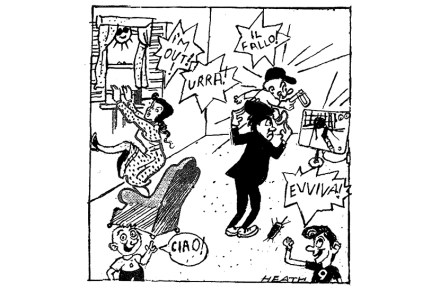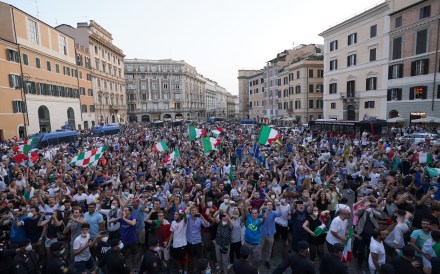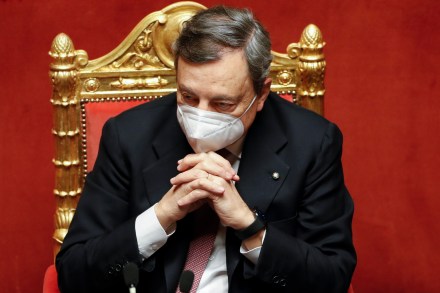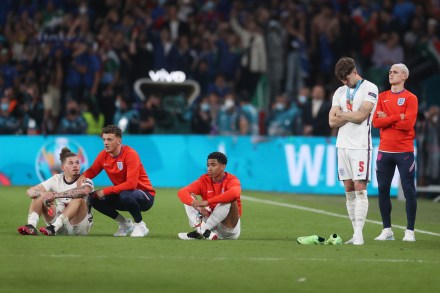Are wolves stalking us on the school run?
Dante’s Beach, Ravenna The other morning, my wife Carla was driving home after the school run in her battered old Renault Trafic people-carrier when through the fog she saw what looked like a wolf. It was ambling across the fields, which were covered in white ice. The wolf was only about 50 metres away, so she pulled over and took a picture, which she texted to the local dog rescue centre. She then followed the animal as it continued on its way, parallel to the road, in the direction of our house. Eventually it vanished in the fog about half a mile from our front door. ‘Yes, it’s a young




